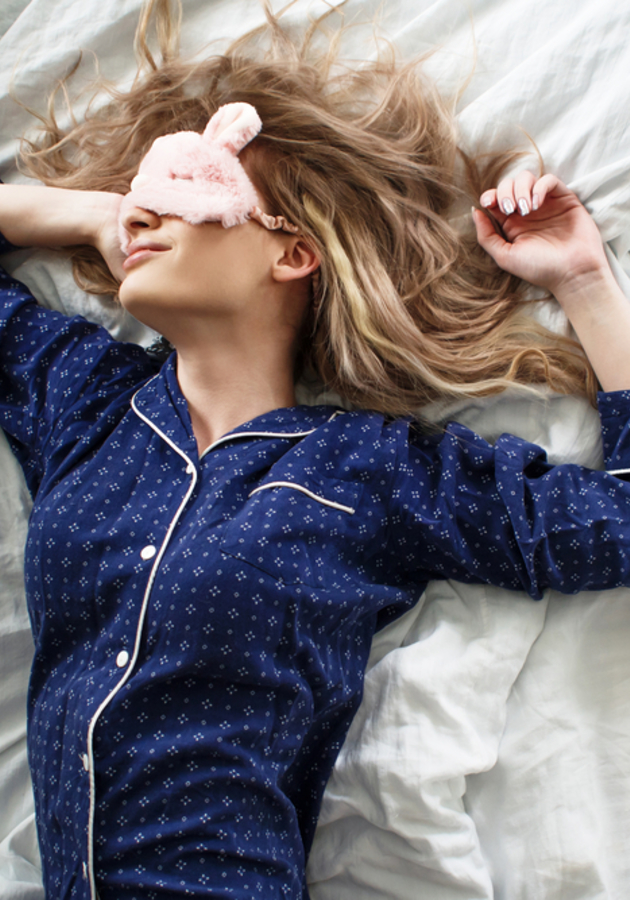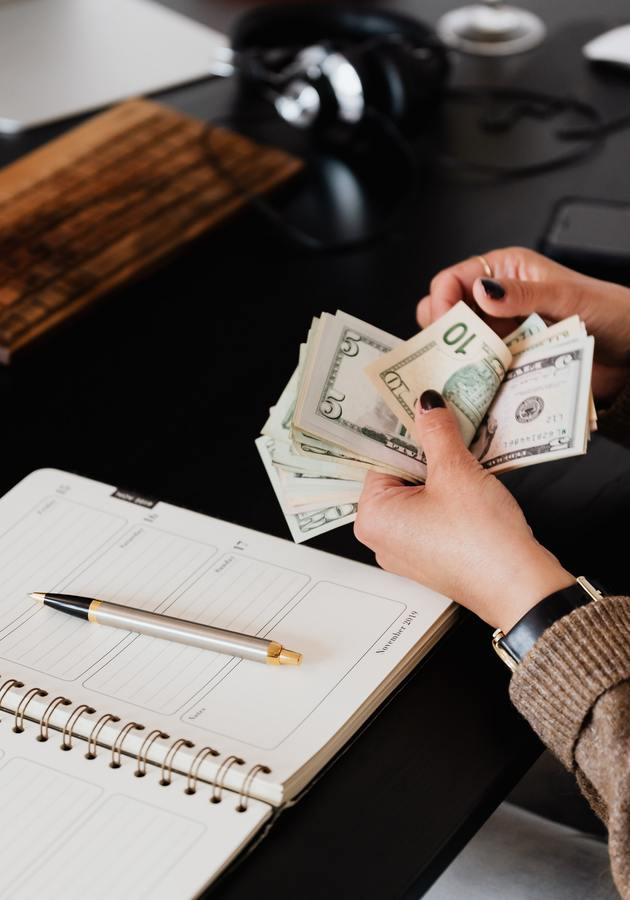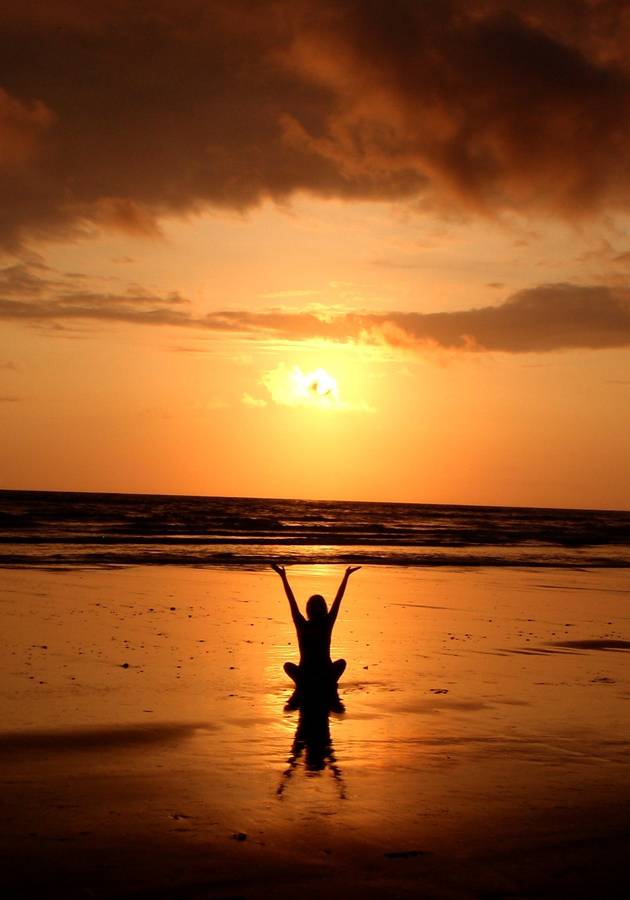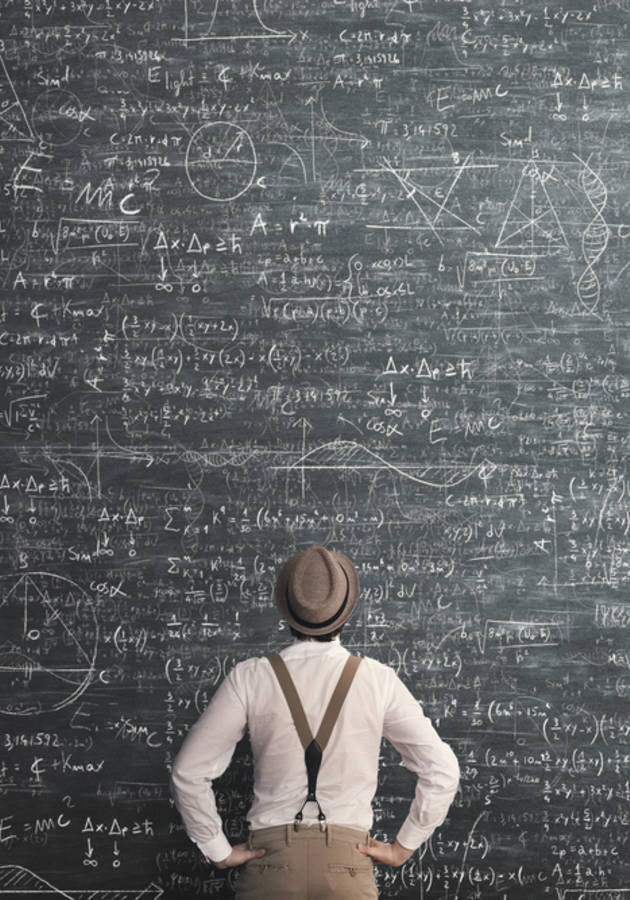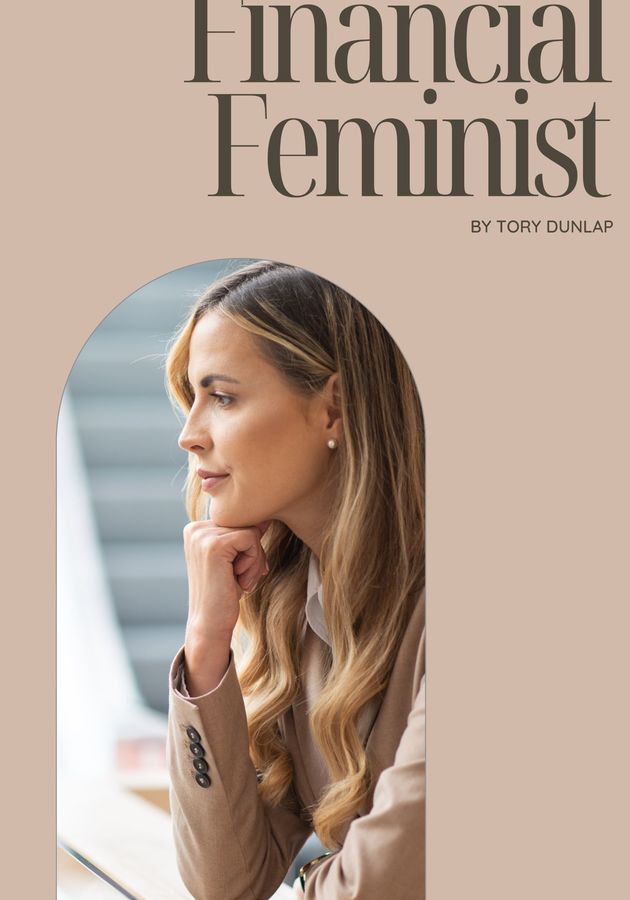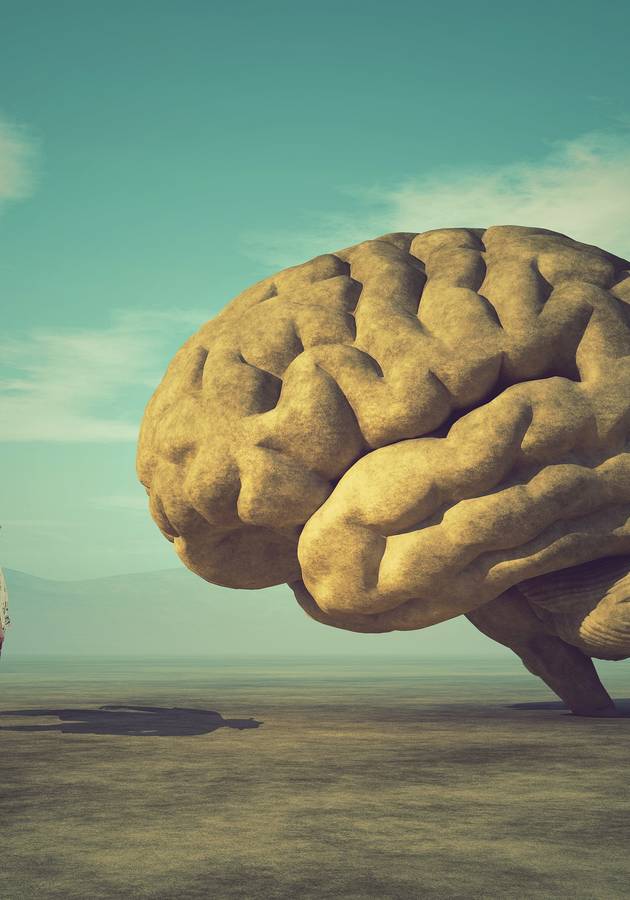What would you say if you learned that scientists have discovered a revolutionary new treatment that extends human lifespan, improves memory, and protects from diseases? Moreover, it makes people feel happier and less anxious. The chances are you would be interested in trying out this miracle cure, right? The truth is, we can all enjoy the benefits of this ‘’treatment.’’ We just need to regularly have a full night of sleep. In ‘’Why We Sleep,’’ Matthew Walker gives scientific insight into sleeping and its benefits, as well as tips on effective non-drug therapies for better sleep. So, get ready to learn more about sleeping!
Why do we need sleep?
Did you get enough sleep last night? Did you wake up without the sound of an alarm feeling refreshed? If not, can you remember the last time you did? If you answered “no” to any of these questions, you are part of the two-thirds of adults throughout all developed nations who fail to get eight hours of regular sleep each night. The number of people who deprive themselves of sleep is so high that the World Health Organization has declared a sleep loss epidemic throughout industrialized nations.
If these figures do not worry you, the consequences of sleep deprivation will. The lack of adequate sleep - which means at least six to seven hours per night - weakens your immune system to the extent of doubling your risk of cancer. Furthermore, it increases your chances of getting a stroke and developing Alzheimer’s and cardiovascular diseases, as well as mental conditions such as depression and anxiety. The list does not end here, unfortunately. All in all, Walker says, ‘’The shorter your sleep, the shorter your life span.’’
Our society generally neglects the importance of sleep. Walker believes that is partly due to science’s failure to explain why we need it. From an evolutionary perspective, sleeping is also an inexplicable biological phenomenon. When we sleep, we cannot gather food, socialize, reproduce, or protect our offspring. Moreover, sleep makes us vulnerable to predators.
However, Walker says we should not bother ourselves too much by exploring the reason behind sleeping, but look at the various health benefits we receive from it. Sleep enhances our memory, the ability to learn and make logical decisions and choices. It strengthens our immune system, and prevents and helps us heal from diseases. Regular sleep also controls our appetite and helps maintain a flourishing microbiome within our guts, which is a foundation of our nutritional health. Are there any biological functions that are not improved by a good night’s sleep? So far, the results of thousands of studies confirm there are not.
Circadian rhythm
In 1938, professor Nathaniel Kleitman and his research assistant Bruce Richardson took a trip into one of the deepest caverns on the planet - Mammoth Cave in Kentucky. Their goal was to examine whether exposure to constant darkness affected human biological rhythm. That is, they wanted to see if the absence of light would change their 24-hour sleep-wake cycle. Their six-week stay in the cave generated two groundbreaking conclusions. The first was that people have their own endogenous circadian rhythm, independent from sunlight. Both Kleitman and Richardson had a predictable and consistent pattern of being awake for about 15 hours and asleep about nine. The second result - the one they did not predict - was that the circadian rhythm in people is not precisely 24 hours, but approximately 24 hours and 15 minutes long. This number depends on age. Richardson, in his 20s at the time, had a sleep-wake cycle of between 26 to 28 hours. Kleitman, around 20 years older, developed a sleep-wake pattern of a bit longer than 24 hours.
Luckily, we do not live in a cave, and sunlight controls our inaccurate internal clock, resetting it every 24 hours. However, apart from daylight, our brains use other external cues, such as body temperature changes, to control our biological clock. It’s for this reason, even if their eyes do not receive light signals, a person who is blind does not lose their circadian rhythm.
Although the length of the sleep-wake cycle is the same for all people, they differ in terms of their sleep schedules. Some prefer waking up and going to bed early, while others prefer the opposite. These two groups colloquially go by the names of ‘’morning larks’’ and ‘’night owls.’’ Contrary to common belief, the waking time of night owls and morning larks is not a matter of their choice. It is biologically determined - hardwired into their DNA. ‘’It is not their conscious fault, but rather their genetic fate,’’ says Walker. Unfortunately, night owls are generally treated unfairly and morning larks often perceive them as lazy. Besides, as they generally perform better in the evenings, the standard office hours do not allow them to realize their full potential.
Do you really need caffeine?
Did you know that caffeine has recently become the second most traded commodity in the world, after oil? One of the most common reasons people consume products containing caffeine is to fight their desire to sleep. However, Walker says that many caffeine consumers are unaware that ‘’consumption of caffeine is one of the longest and largest unsupervised drug studies ever conducted on the human race, perhaps rivaled only by alcohol.’’ What does caffeine do to your brain, and why do we use it to stay awake?
Two factors control your sleep-wake cycle. We have learned that one of them is your 24-hour circadian rhythm. The other factor is a chemical called adenosine, which is, at this very moment, accumulating in your brain. Walker says we should think of it as a ‘’chemical barometer that continuously registers the amount of elapsed time since you woke up this morning.‘’ When adenosine concentrations peak, you get an irresistible desire to sleep. This is the moment when most people have a cup of coffee or another drink rich in caffeine. As you might assume, caffeine blocks brain receptors that would be otherwise stimulated by adenosine. However, it just postpones your sleepiness - for the entire time caffeine is in your body, adenosine levels continue to increase. Once your liver takes caffeine apart, all the extra adenosine accumulated in the meantime rushes back in, activating sleep-inducing regions in the brain. For this reason, you feel sleepy two or three hours after you had coffee.
Even though caffeine blocks the adenosine receptors for only a few hours, it stays in our bodies longer. Let’s say that you had a cup of coffee in the evening, around 7:30 p.m. As caffeine may still be circulating in your brain from five to seven hours after the intake, it means you might be struggling to fall asleep even after 1:30 a.m. Most people, unfortunately, do not link the coffee they had after dinner with the bad night of sleep, and therefore, look for ways to deal with their insomnia without considering its true cause.
How do you know when someone is asleep?
Imagine you walk into a room with your friend. You see a family member lying still on a couch. You immediately turn to your friend and say: ‘’Let’s go to another room. My sister is sleeping.’’ How did you know she was asleep?
Over time, we have learned to recognize signals that suggest another person is sleeping. One of them is the horizontal position and their lowered muscle tone. Next, sleeping individuals are not responsive. In the situation where you found your sister lying on a couch, she did not notice you and your friend enter the room. The fourth defining feature of sleep is that it is - unlike other unconscious conditions such as a coma, anesthesia, hibernation, or death - reversible. In most sleeping cases, you can easily wake the person up by making a loud sound, for example. The last feature, as mentioned in the previous section, is that sleep complies with a 24-hour time pattern dictated by our biological clocks.
How do you know that you have slept? There are also some universal signals here that indicate you have been sleeping. First, you stopped perceiving the outside world, and you were no longer aware of the things around you. The truth is, your sensory organs still work for you. However, the structure in your brain called the thalamus decides which sensory signals to send to the part of your brain where they are consciously perceived.
Your sense of time distortion is another indicator that you have been sleeping. Consider the last time you fell asleep on an airplane or a train. When you woke up, you probably checked your watch. Why? Because you explicitly lost track of time when you were asleep. Interestingly though, your brain keeps track of it with incredible precision. You probably had a situation when you had to wake up at a specific time one morning - to catch a morning flight, for example. You set the alarm for 6:00 a.m, but woke up a few minutes before it rang. This shows that your brain has knowledge about time during sleep, even though you do not consciously have access to it.
Alternatives to sleeping pills
Insomnia is the most common form of sleep disorder people suffer from. Unfortunately, many try to combat this condition without examining its origins and by taking the wrong cure.
‘’In the past month,’’ writes Walker, ‘’almost 10 million people in America will have swallowed some kind of a sleeping aid.’’ Nowadays, the most common tactic for improving sleep and dealing with insomnia is to take sleeping pills. However, scientific research has shown that they do not provide natural sleep (like many assume) but can actually damage your health and increase the risk of serious diseases, such as cancer. One of the worst side effects of taking sleeping pills is rebound insomnia, which often happens after individuals stop taking these medications.
So, do not use sleeping pills. There are numerous effective behavioral methods you can use to improve your sleep. First, start by reducing your caffeine and alcohol intake. Second, make sure your bedroom is cool before sleeping, and remove all display devices and clocks from it. It is also crucial for you to establish a habit of waking up and going to bed every day at the same time, even on weekends. Avoid napping during the day and go to bed only when you are sleepy. If you have trouble falling asleep, rather than lying awake in bed for a significant period, get up and do something relaxing until you feel sleepy again.
In most cases, insomniacs develop anxiety about not being able to fall asleep, and that worsens their problem. That is why they can try and learn relaxation techniques and work on reducing anxiety-provoking thoughts before bed.
‘’Sleep and physical exertion have a bidirectional relationship,’’ says Walker. You probably know how deeply you sleep after an exhausting physical activity. So, try to engage in regular exercise, but no later than two to three hours before your bedtime. Not only will physical activity enhance your physical health, but also the quantity and quality of your sleep. In return, good sleep increases your energy, enabling you to exercise longer and better.
Final Notes
‘’Why We Sleep’’ is a defense for those who love sleeping and a must-read for anyone who underestimates the importance of a full night sleep. As the review in The New York Times puts it, ‘’’Why We Sleep’ mounts a persuasive, exuberant case for addressing our societal sleep deficit and for the virtues of sleep itself. It is recommended for night-table reading in the most pragmatic sense.”
12min Tip
Incorporate a yoga practice into your bedtime routine. That way, you will relax and also improve the quality and duration of your sleep.
